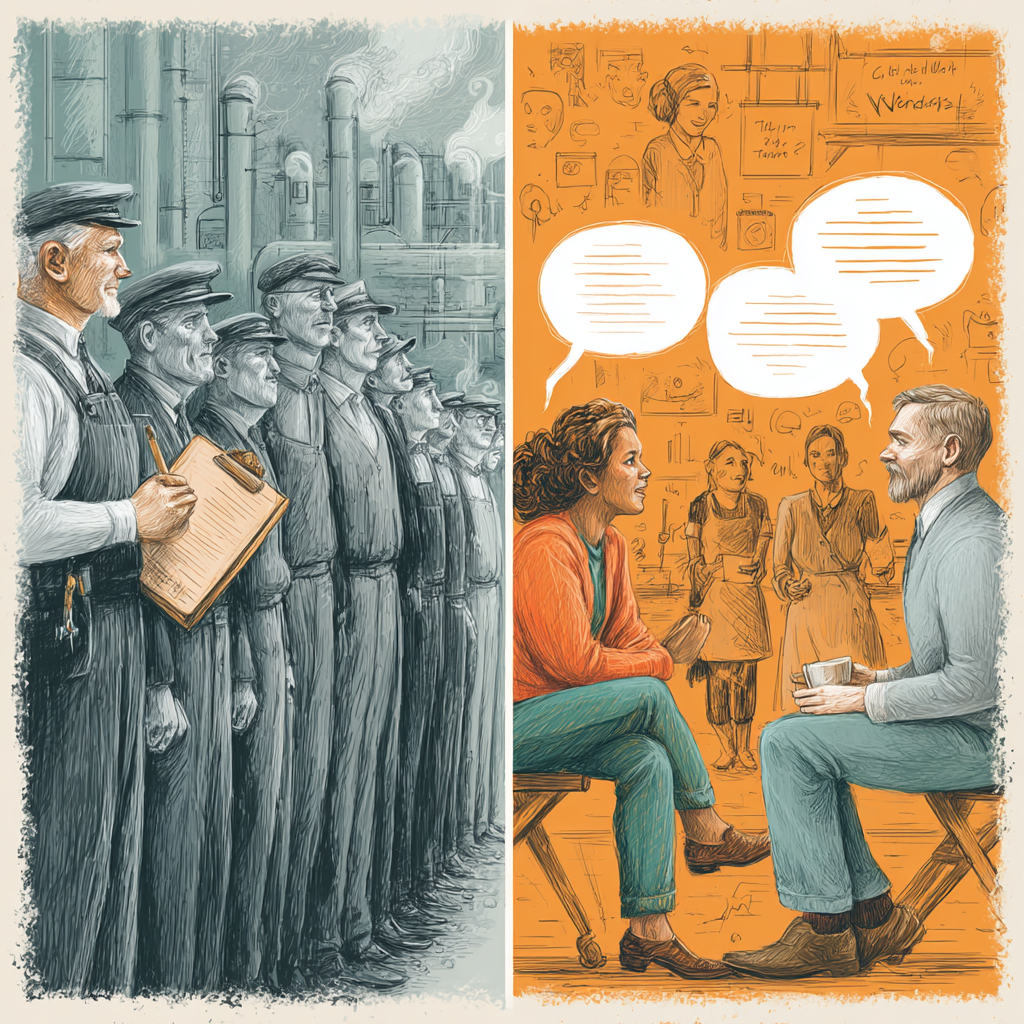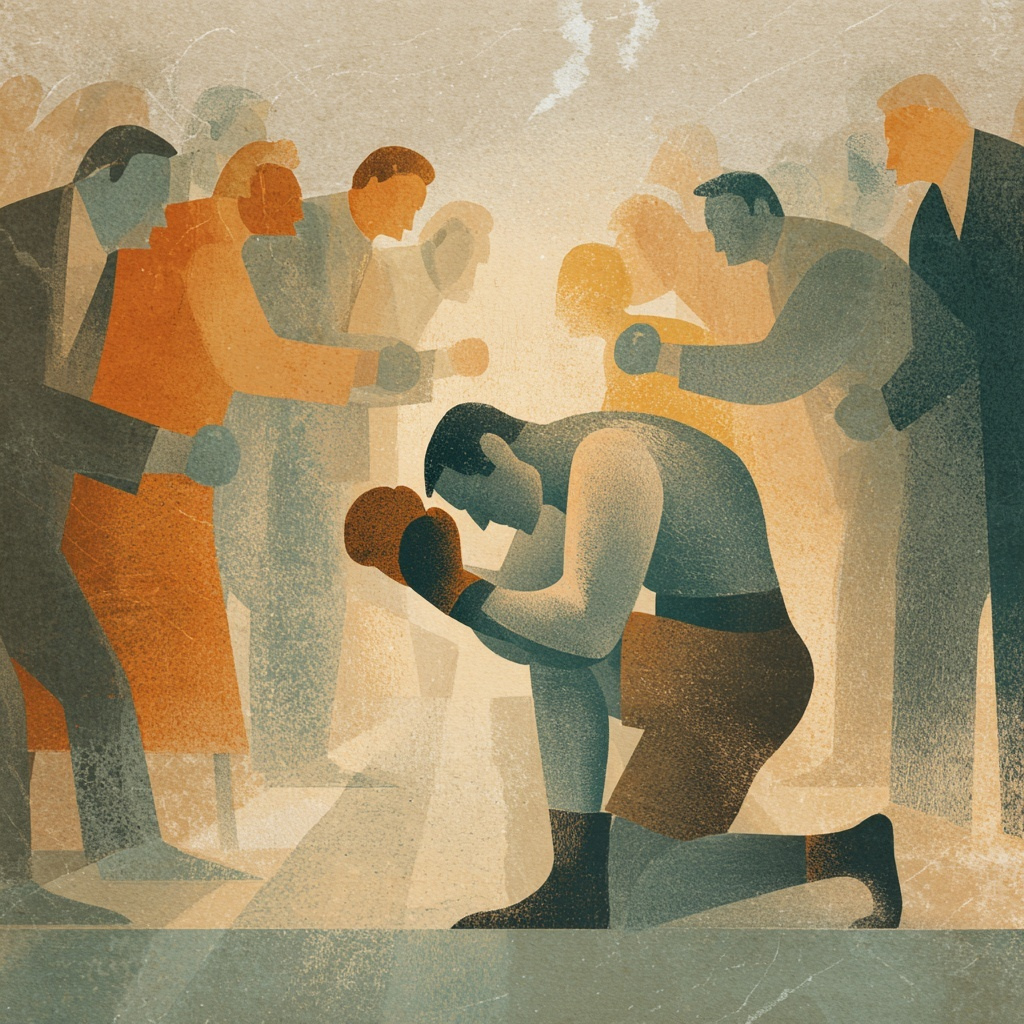We’ve been measuring employees for decades.
The question is: has it worked?
The Engagement Crisis
According to Gallup, only 21% of employees worldwide are engaged at work. That means nearly 8 out of 10 people are either actively disengaged or not-engaged (simply neutral, doing the bare minimum). The cost? An estimated $8.8 trillion in lost productivity globally every year — nearly 9% of world GDP.
The impact is visible in every workplace:
Attrition is rising. Engaged employees are 87% less likely to leave, while 1 in 5 Australians plan to leave their job this year.
Productivity suffers. Disengaged employees don’t just underperform, they drag down teams, morale, and outcomes.
Leaders get blindsided. Engagement scores may look fine, but trust erodes quietly until it feels too late.
We keep measuring. But people don’t feel seen.
Why We Fell in Love with Measuring
It’s easy to see why.
Leaders love numbers.
Numbers feel neat, scientific, easy to compare, and simple to present in a board pack.
But people aren’t data points.
By reducing humans to averages, we flatten their real experiences into something lifeless.
Measuring alone doesn’t build engagement. It just reports on its absence.
Lessons From Other Industries
We’ve been here before. Other industries have gone through the same evolution — from standardised to personalised.
Education: For decades, the gold standard was summative assessment — one exam, same questions for every student. But it was blunt. At my last startup, we built a formative assessment tool that offered personalised, ongoing feedback. Students felt seen, motivated, and achieved more. While this is still a work in progress, what was once radical is now practice in many modern schools.
Entertainment: Remember one-size-fits-all TV schedules? Same shows, same time, for everyone. Compare that to Netflix today, where 80% of viewing comes from personalised recommendations. By listening to what each viewer enjoys, streaming platforms unlocked loyalty that traditional broadcasters could only dream of.
Retail: Gone are the days of mass marketing. Companies like Amazon and Spotify now drive 40% more revenue by tailoring experiences to each customer. People expect personalisation and reward the companies that deliver.
The pattern is clear: personalisation wins. And once a better way emerges, the shift is irreversible.
Why Engagement Must Evolve
Employee engagement is still stuck in the measurement era.
We use the same yardstick for every human being, asking everyone the same questions once or twice a year.
But people have different needs, fears, wants, and ambitions.
Averages can’t capture that complexity.
What if we flipped the script?
What if, instead of measuring, we started listening?
Not one-size-fits-all surveys, but bespoke conversations with each employee.
Not static reports, but insights into what’s giving people energy, what’s holding them back, and what support they really need.
From Measuring to Listening with AI
In the past, this wasn’t possible.
Standardised surveys were the only tool we had. Compute was limited. Custom conversations across thousands of employees simply couldn’t scale.
But the playing field has changed.
With AI, it’s now possible to:
- Have a personalised dialogue with every employee
- Capture qualitative stories at scale
- Turn them into actionable insights for leaders
It’s messier. Harder to compare. But infinitely more powerful.
Because listening doesn’t just track engagement, it builds it.
Change Takes Time, But It’s Inevitable
Shifts like these don’t happen overnight. In education, it took years for personalised learning to move from experimental to mainstream. In retail, decades to move from mass marketing to one-to-one personalisation.
But make no mistake: this direction is inevitable.
And the companies that adapt sooner will build trust, loyalty, and performance faster than those that wait.
We’ve been measuring our employees for decades.
It’s time we start listening to them.
Ready to move from measuring to listening? Explore the new world of employee engagement with Hoogly’s AI: Book a conversation





